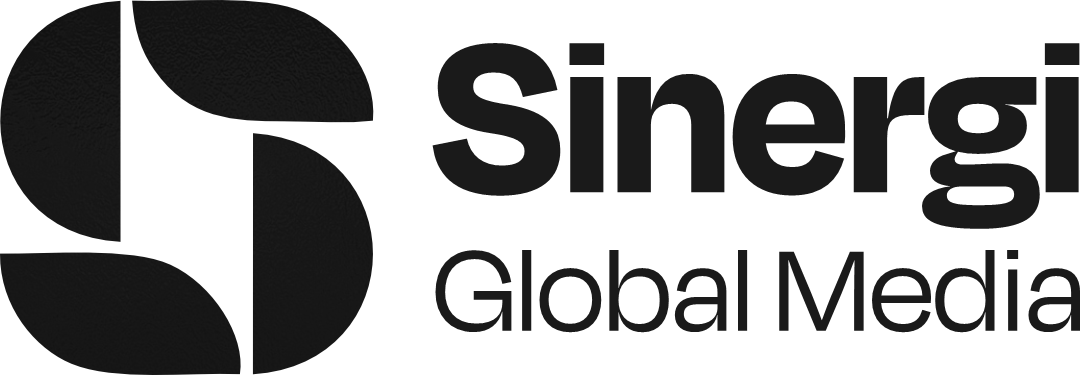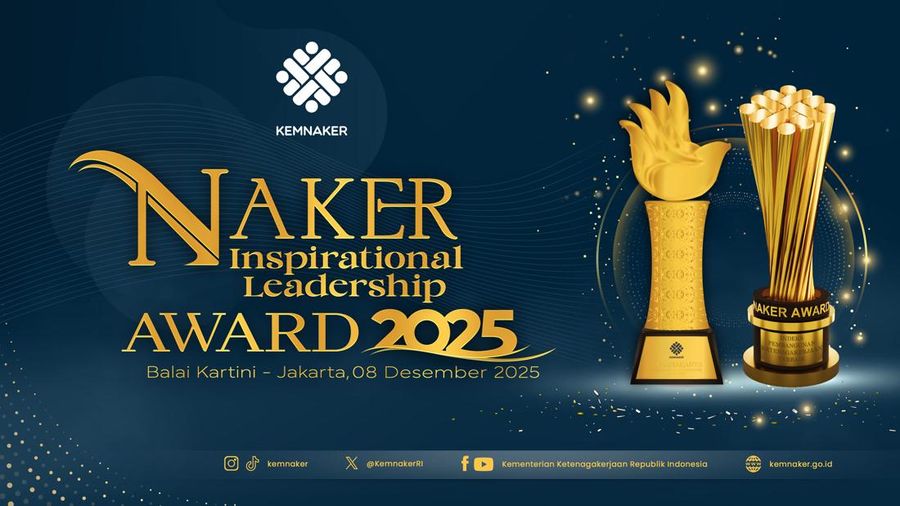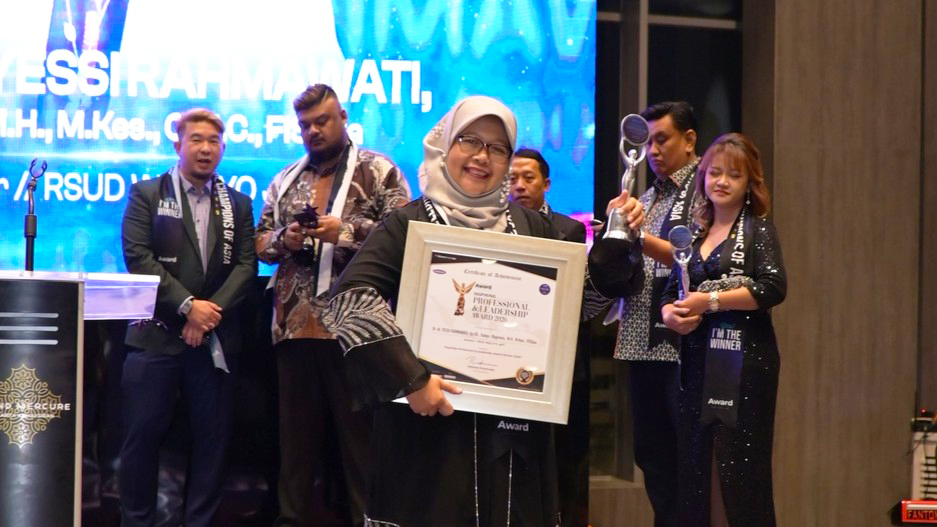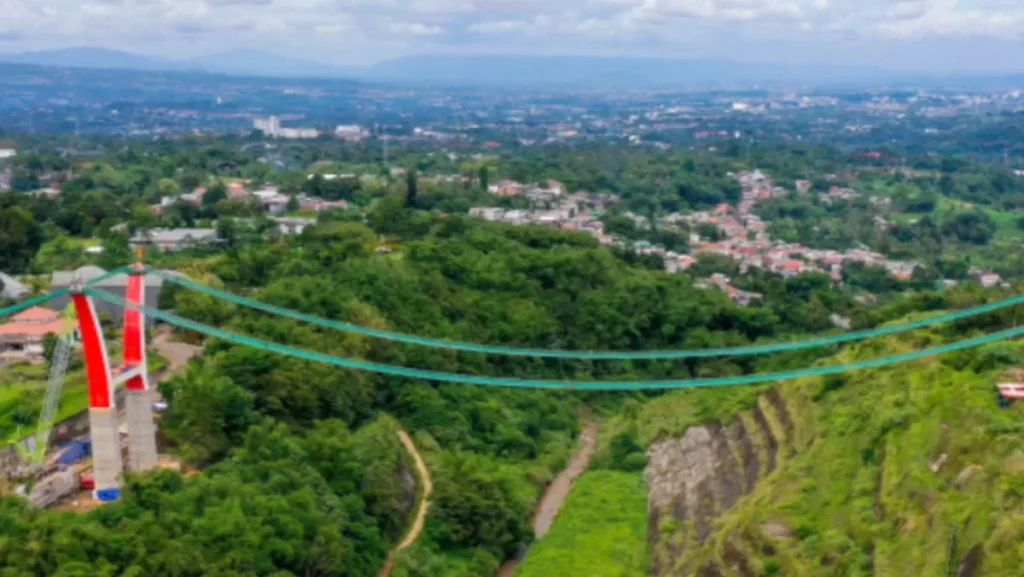Megan Rathmell left her job interview feeling defeated. At 20 years old, she assumed her nerves had gotten the best of her and that she had failed to make a positive impression. When she received an offer for the paralegal position weeks later, the feedback she received from her future employer came as a surprise.
“My boss told me that what set me apart was my ability to maintain eye contact and communicate clearly—skills that he said are rare among candidates in my age group,” Rathmell shared. For her, the experience was a revelation, highlighting the importance of soft skills that she hadn’t initially considered vital.
Many recruiters and hiring managers today echo Rathmell’s experience, observing that Gen Z candidates often struggle with the basics of the job interview process. From inappropriate dress to a lack of preparation, these mistakes can severely impact a candidate’s likelihood of being hired. In extreme cases, some candidates have even brought parents to in-person interviews, a move that immediately raises concerns about their readiness to enter the workforce.
“There’s always been a segment of candidates who are poor interviewers, but it’s becoming more frequent,” said Dr. Nathan Mondragon, chief innovation officer at HireVue, a platform designed to streamline the hiring process. Mondragon attributes part of this issue to the rise of digital communication, which has limited young people’s exposure to in-person conversations. The pandemic only worsened this, as virtual communication became the norm, leaving many young adults uncomfortable in traditional interview settings.
Another challenge stems from the well-meaning but sometimes over-involved nature of some parents. Whether they’re helping with resumes, preparing answers to interview questions, or even showing up to interviews themselves, parental involvement can sometimes cross professional boundaries, leading to concerns about a candidate’s independence.
Building a Standout Resume
One of the most common areas where candidates falter is their resume. Stacie Haller, chief career advisor at ResumeBuilder, advises that a clear, concise resume is crucial. Hiring managers, she explains, often spend only a few seconds reviewing each resume, meaning candidates must make an immediate impact with a strong summary of their qualifications. Additionally, tailoring the resume to the job description can significantly improve a candidate’s chances of being called for an interview.
Why Research is Essential
Another critical aspect of interview preparation is research, an area where many young candidates fall short. Dr. Nicolas Roulin, professor of industrial/organizational psychology, emphasizes the importance of thoroughly researching the company before an interview. Candidates who don’t take the time to understand the company’s values, goals, and industry trends often come off as unprepared.
“Hiring managers can tell when you haven’t done your homework,” Dr. Roulin said. “It’s one of the easiest ways to disqualify yourself.” By learning about the company’s recent achievements, challenges, and culture, candidates can tailor their responses to reflect how their skills and experiences align with the company’s needs.
Practicing Responses and Perfecting Delivery
Beyond research, candidates need to practice answering common interview questions. While there’s no need to memorize responses, rehearsing answers to potential questions helps build confidence. Dr. Roulin recommends the STAR method (Situation, Task, Action, Result) for structuring answers, particularly when discussing past experiences. This method allows candidates to clearly explain how they approached challenges and succeeded, giving interviewers insight into how they might perform in the role.
Candidates should also prepare their own questions for the interviewer. Thoughtful questions about the company’s culture, future goals, or team structure not only show interest but also help candidates assess whether the job is the right fit for them.
The Role of Presentation and Professionalism
First impressions matter, and the way candidates present themselves can greatly influence the outcome of an interview. Even in today’s more casual work environments, business casual attire remains the safest option for job interviews. Overdressing or underdressing can send the wrong message, so it’s important to find a professional balance.
For virtual interviews, ensuring a quiet, well-lit space is key, along with keeping the camera on throughout the conversation. A candidate’s ability to navigate a virtual meeting without distractions demonstrates adaptability, a trait highly valued in today’s workplace.
After the interview, a timely thank-you email is a simple yet impactful way to reinforce a candidate’s professionalism and express appreciation. This follow-up communication should be sent within 24 hours, offering another opportunity to emphasize why the candidate is the right choice for the role.
By combining preparation, professionalism, and practice, today’s graduates can position themselves as confident, capable candidates in even the most competitive job markets.






